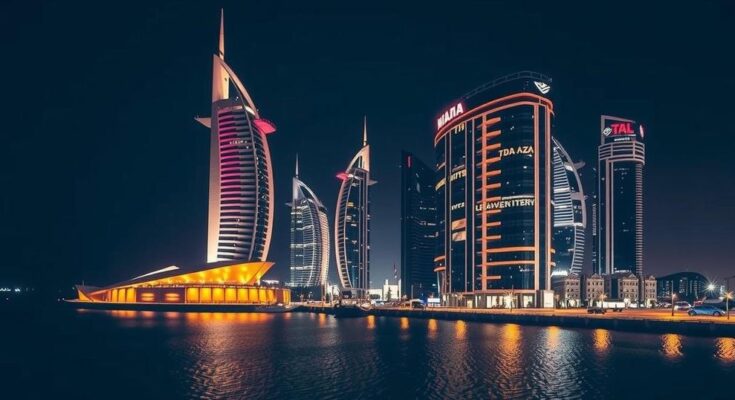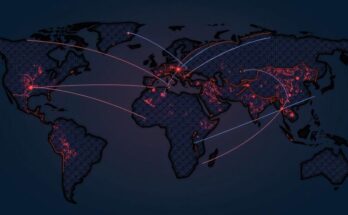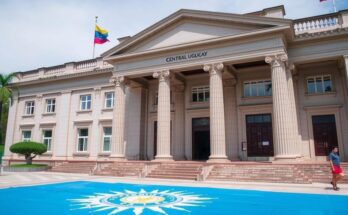The investigation into the overseas property holdings of former and current Kazakh officials in Dubai uncovers over 1,550 individuals owning more than 2,700 properties. Questions arise about the legal status of these acquisitions and whether the funds have been accurately reported in asset declarations. The current government, motivated by recent social upheaval, is intensifying scrutiny and efforts to address capital flight and unreported wealth sought in foreign jurisdictions, particularly in light of Dubai’s financial opacity.
Kazakhstan has long been a nation of intrigue with regards to the overseas assets held by its former and current officials, much of which is allegedly situated in Dubai. A recent investigation by RFE/RL’s Kazakh Service shed light on the substantial number of properties tied to over 100 Kazakh officials and their relatives in the United Arab Emirates, as recorded by the U.S.-based nonprofit Center for Advanced Defense Studies (C4ADS). With over 1,550 Kazakh citizens listed as owning more than 2,700 properties worth vast sums, this raises essential questions about the legitimacy of the funds used for these acquisitions and whether these assets have been declared to Kazakh authorities. The phenomenon of capital flight has long concerned the Kazakh government, with past presidents lamenting the loss of wealth while offering avenues for repatriation. However, President Qasym-Zhomart Toqaev’s administration appears to be engaging more seriously in the fight against such illicit capital movement in the aftermath of violent unrest in January 2022, which saw deceased and significant political upheaval. The government has initiated parallel commissions tasked with the recovery of illegally acquired assets, focusing attention on foreign properties, particularly in the context of the U.A.E.’s record of financial secrecy. The issues further complicated by the fact that, while some wives of high-ranking officials claim legitimate means behind their property purchases in Dubai, there remains skepticism regarding where the requisite funds originated. For instance, Nurlan Nigmatullin’s spouse reportedly oversees a substantial portfolio of real estate, yet the transparency in asset declarations, particularly as they pertain to public officials, remains shrouded in secrecy. The data suggests a pervasive concern that numerous assets are registered under the names of lower-ranking individuals to obscure their true ownership. The broader context involves a legal framework focusing on persons with wealth exceeding $100 million, which can allow scrutiny of a limited number of individuals and families for corruption or improper asset acquisition. Moreover, the investigation highlighted the prospects of improved collaboration between Kazakh authorities and their counterparts in the U.A.E. in unveiling the dark web of overseas assets, although tangible results may take time to manifest.
The issue of overseas holdings by Kazakh officials has significant implications for both national and international governance. Throughout Kazakhstan’s post-independence years, there has been a profound concern over capital flight and illegal asset accumulation abroad, prompting various government initiatives to ensure transparency and accountability. The current administration of President Qasym-Zhomart Toqaev is particularly focused on addressing asset repatriation efforts following social unrest that challenged the existing political order. The rising scrutiny of U.A.E. as a potential haven for illicit finances further complicates the situation, as many Kazakh officials have sought refuge there through property ownership. Therefore, understanding the dynamics of these assets is crucial in comprehending the broader narrative of governance and accountability in Kazakhstan.
In conclusion, the ongoing investigations into the foreign property holdings of Kazakh officials reveal a complex landscape imbued with challenges of transparency and ethical governance. The significant amount of wealth in Dubai raises pressing questions about the origins of these funds and the extent of declared assets. While the current Kazakh government has initiated reforms aimed at recovering illicitly obtained assets, the effectiveness and clarity of these measures remain in question. As international scrutiny of financial dealings intensifies, the path toward accountability in Kazakhstan’s elite appears more necessary than ever, yet fraught with obstacles.
Original Source: www.rferl.org




